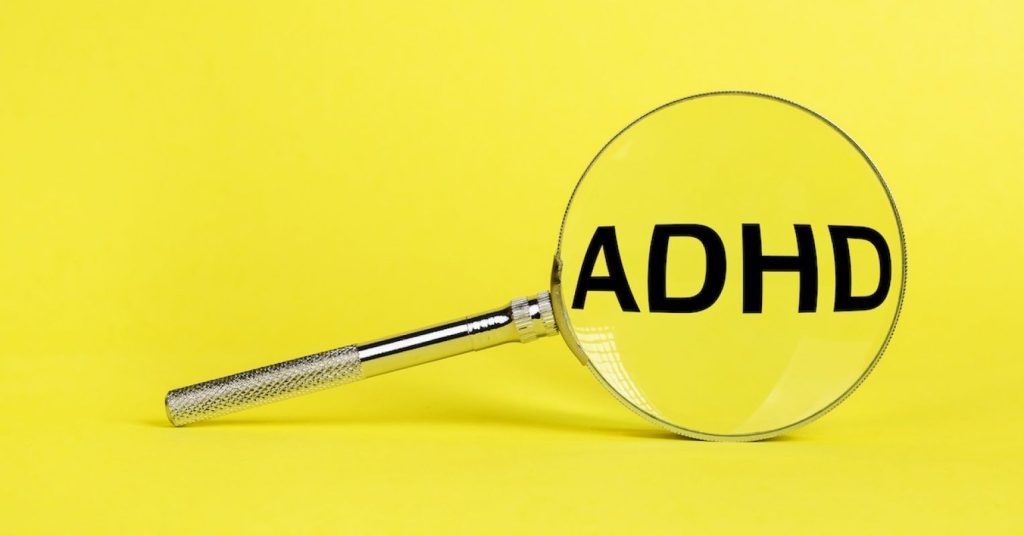ADHD and Anxiety in Adulthood – Strategies for Success
Attention Deficit Hyperactivity Disorder ADHD and anxiety are two common mental health challenges that can persist into adulthood, often coexisting and creating unique hurdles for individuals. However, with the right strategies and support, it is possible to manage these conditions and lead a successful and fulfilling life.
Seek Professional Help: The first step in managing ADHD and anxiety as an adult is to seek professional help. A psychiatrist or psychologist can provide an accurate diagnosis and create a personalized treatment plan. Medication, therapy, or a combination of both may be recommended, depending on the individual’s specific needs.
Medication Management: For ADHD, medications like stimulants or non-stimulants can be effective in reducing symptoms. Anxiety may also be treated with medication, such as antidepressants or anti-anxiety drugs. it is essential to work closely with a healthcare provider to find the right medication and dosage.
Therapy: Cognitive-behavioral therapy CBT is often recommended for managing both ADHD and anxiety. CBT helps individuals identify and change negative thought patterns and behaviors. Therapy can also provide coping strategies for handling stress and anxiety triggers.
Time Management: Individuals with ADHD often struggle with time management and organization. Using tools like calendars, to-do lists, and smartphone apps can help create structure and improve productivity.
Exercise and Nutrition: Regular physical activity can be beneficial for both ADHD and anxiety. Exercise releases endorphins, which can improve mood and reduce anxiety. A balanced diet with adequate nutrients can also support mental health.
Mindfulness and Relaxation Techniques: Mindfulness meditation and relaxation exercises can help manage anxiety symptoms. These practices promote self-awareness and emotional regulation, reducing the impact of anxiety.

Support Networks: Building a strong support network is crucial. Friends, family, or support groups can provide emotional support and understanding. Sharing experiences with others who face similar challenges can be empowering.
Set Realistic Goals: Adults with ADHD and anxiety should set realistic goals and expectations for themselves. Breaking tasks into smaller, manageable steps can make them less overwhelming and increase the likelihood of success.
Self-Care: Prioritizing self-care is essential. Adults with these conditions may need extra downtime to recharge and manage stress. Engaging in hobbies and activities that bring joy can also improve overall well-being.
Professional Development: ADHD and anxiety can present unique challenges in the workplace. Communicating with supervisors about your needs and exploring workplace accommodations can help create a more supportive work environment.
Regular Check-Ins: Periodic check-ins with healthcare providers is essential to evaluate treatment progress and make necessary adjustments.
Celebrate Successes: Acknowledging and celebrating even small achievements can boost self-esteem and motivation.
It is important to remember that managing adult adhd in women and anxiety is an ongoing process. What works for one person may not work for another, so it is essential to find an individualized approach. Additionally, seeking professional guidance and not hesitating to ask for support from loved ones can make a significant difference in successfully managing these conditions. With the right strategies and a supportive network, individuals can lead fulfilling lives while effectively managing ADHD and anxiety in adulthood.

